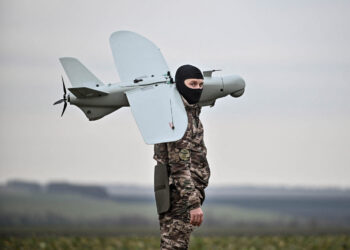,
NEW DELHI: Top diplomats from arch rivals India and Pakistan are due to hold talks for the first time in nearly a year in a bid to revive a peace process that was halted by deadly train bombings in Mumbai in July.
The two-day talks between the nuclear-armed neighbours are expected to set up a system to combat terrorism. They come a few months after Indian and Pakistani leaders agreed to resume negotiations after meeting on the sidelines of a Non-Aligned Movement (NAM) summit in September.
“The primary focus will be on the joint mechanism on terrorism,” a top Indian foreign ministry official said, referring to talks between Indian Foreign Secretary Shiv Shankar Menon and his Pakistani counterpart, Riaz Mohammad Khan.
“Let's see how Pakistan responds. We hope to be able to set up the joint mechanism, discuss its mandate, its composition and see how it goes,” said the official, who declined to be named.
Pakistan's foreign secretary said he hoped to have “very constructive discussions” after arriving in New Delhi on Monday.
India suspended dialogue with Pakistan after blaming Pakistan's spy agency and an Islamist militant group based there for the Mumbai bombings that killed 186 people. Islamabad and the Lashkar-e-Taiba group have denied links to the blast.
Many Indian analysts have already written off the joint terrorism panel, saying they did not expect Pakistan to act against its own spy agency which New Delhi has long blamed for subversive acts across the country.
India and Pakistan began peace talks in 2004 after coming close to what would have been their fourth war.
The talks have made slow progress, particularly over the key Kashmir dispute, and have been undermined by violent attacks by militants in Kashmir and across India.
New Delhi says Islamabad has not done enough to curb anti-India militants based in Pakistan. Islamabad says separatist violence could only cease when the Kashmir dispute is settled.
The New Delhi talks are also expected to discuss ending the standoff between over the Siachen glacier — the world's highest battleground in Kashmir.
But progress is unlikely as the Indian army is unwilling to withdraw troops. “If we vacate the glacier, it will weaken our position,” Brigadier Om Prakash, the commander of an Indian army unit in Siachen, told the Press Trust of India news agency.









